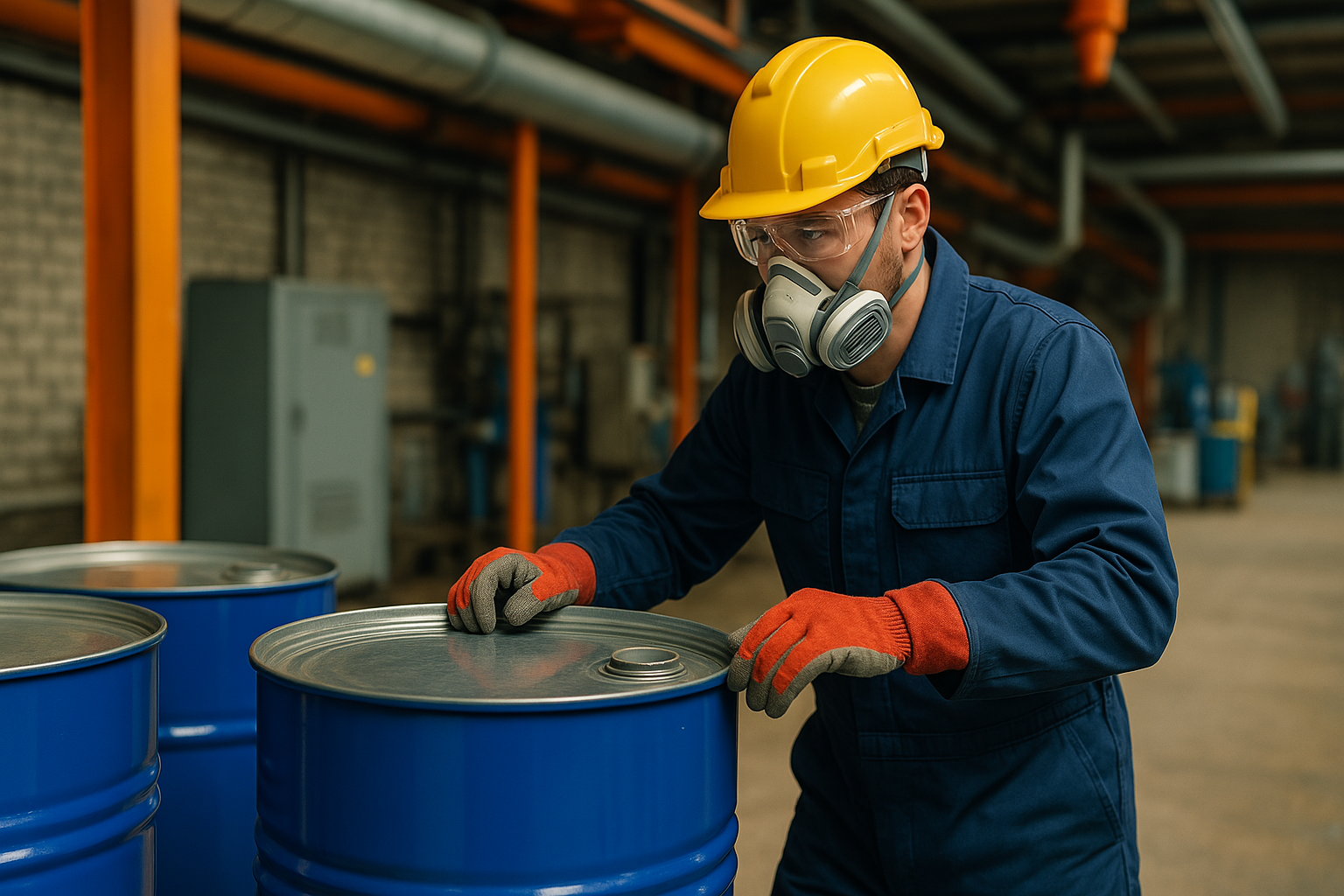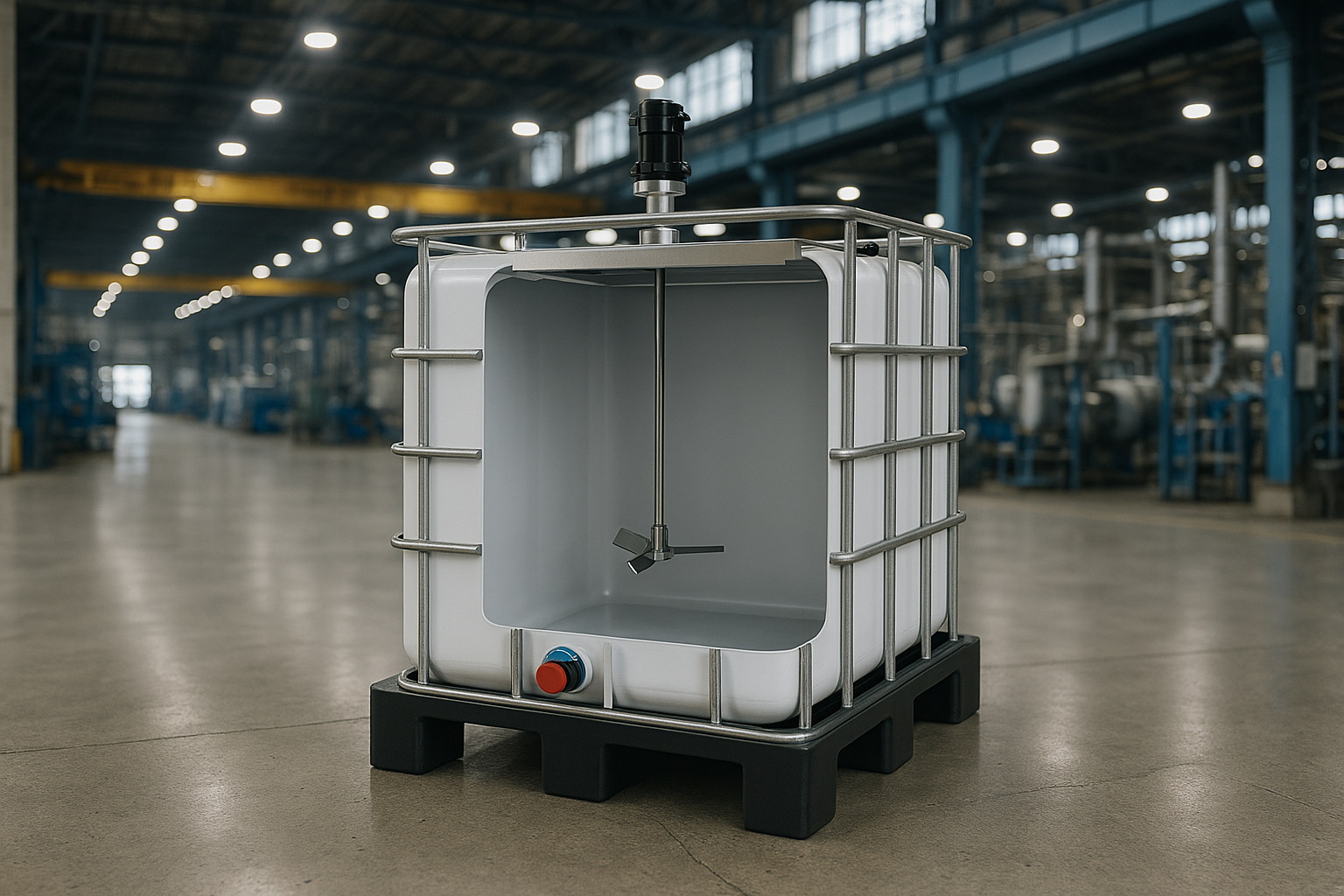Industrial agitators are essential tools across numerous sectors, including chemical, pharmaceutical, and food industries. Choosing the most suitable model directly affects production efficiency, the quality of the final product, and operational safety. In this guide, we’ll explore the key criteria for selecting the ideal mixer to meet your mixing needs.
Types of industrial mixers
Depending on the type of fluid and the process requirements, there are several categories of mixers:
✅ Propeller Mixers – Ideal for fast and homogeneous mixing, commonly used in the chemical and food sectors.
✅ Paddle Mixers – Perfect for high-viscosity fluids like paints and resins, due to their ability to move thicker substances.
✅ Turbine Mixers – Suitable for processes that require intense and uniform mixing.
✅ Magnetic Mixers – Mainly used in laboratories and for delicate solutions that require no direct contact with the motor.
✅ Pneumatic Mixers – The optimal solution for ATEX-restricted environments, thanks to their safety and operational efficiency.
Key criteria for choosing an industrial mixer
To select the most appropriate mixer, it’s essential to consider several key parameters:
🔹 Fluid Viscosity – The thicker the liquid, the more powerful the mixer must be to ensure effective mixing.
🔹 Tank Capacity – The volume of liquid affects the required power and rotational speed of the mixer.
🔹 Construction Material – Stainless steel, aluminum, or plastic should be chosen based on compatibility with the product and industry regulations.
🔹 Energy Efficiency – A high-performance motor reduces consumption and lowers operating costs, improving the sustainability of the production process.
Practical example: the efficiency of pneumatic agitators in IBC drums
A real-world example of process optimization involves the use of pneumatic mixers in IBC drums. The implementation of a lightweight model significantly simplified the work of operators, allowing manual handling without the need for additional equipment.
Moreover, pneumatic mixers are an ideal solution for explosion-risk environments (ATEX zones) due to their intrinsic safety. They are easy to use, high-performing, and solve mixing challenges in complex industrial settings.
Compliance and safety: a crucial aspect
In the industrial sector, complying with safety regulations is essential. Some of the most important certifications include:
✔ ATEX – Mandatory for use in environments with potentially explosive atmospheres.
✔ FDA – Required in the food and pharmaceutical industries to ensure that contact materials comply with product safety standards.
Choosing a certified mixer means reducing risks, increasing productivity, and ensuring the quality of the final product.
To learn more about the technical details and find out which mixer best suits your company, feel free to reach out for a personalized consultation.
📞 Contact us for more information



